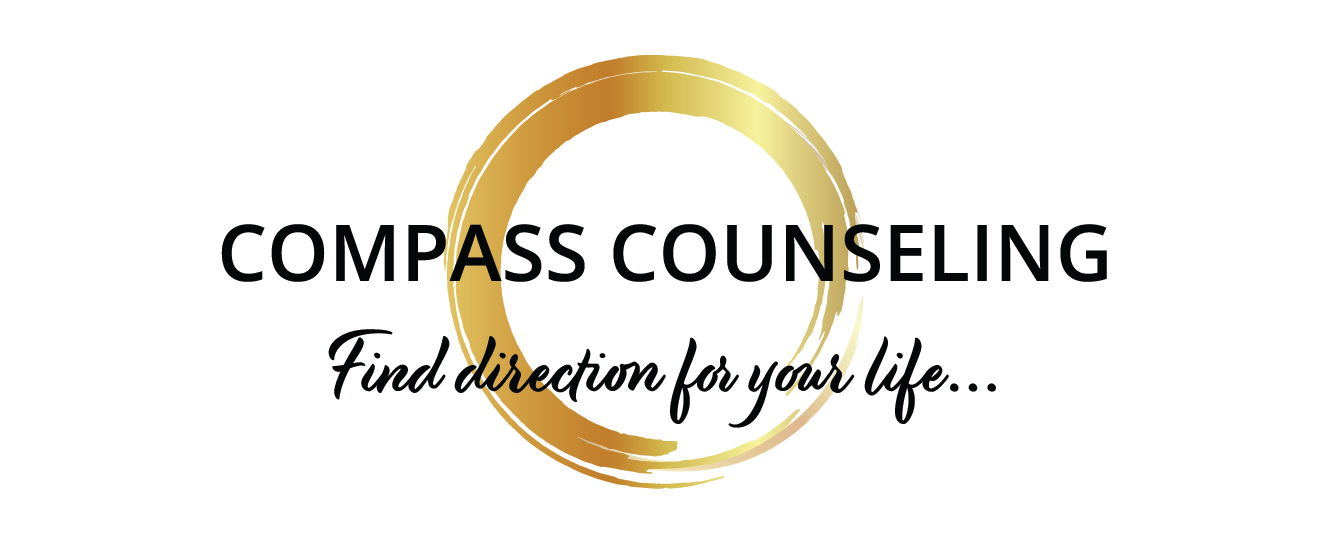Are You Struggling With Grief And Loss?

Does it seem that life as you’ve known it is over? Do you feel overwhelmed and shaken as you grapple with what happened and what you’re supposed to do now? Perhaps you’ve lost a loved one, and you’re struggling to get through each day without them. You might think over your last conversation or interaction, wondering what you said or could have done differently. Or, maybe you’re dealing with another kind of loss. If someone close to you recently moved out of the home, ended your relationship or otherwise left your day-to-day life, their absence may have left a hole in your heart.
You may be struggling to manage another sudden development, from the end of your career, to the aftermath of injury or illness, to a shift in your community role. Maybe you have lost trust in a loved one, a leader or the world in general. Or, maybe you or someone close to you received a diagnosis that will radically change the course of your life. It could also be that a distressing experience disturbed your sense of safety and agency, and your very identity is shaken to the core.
Regardless of who or what you’ve lost, you may be dealing with a knot of confusing emotions, swinging between anger, regret, resentment, fear and even relief. Or, maybe you just feel numb. You might be experiencing physical symptoms that often accompany grief and loss, including fatigue, headaches and chest pain. Whatever you are feeling, you might find even the most familiar tasks increasingly challenging. Perhaps it’s sometimes difficult to see the point.
Do you wish you could understand why this happened? Are you longing to talk to someone who could listen, create room for your grief and help you figure out what to do next?
Loss Can Turn Your World Upside Down

Shame, uncertainty and guilt might be compounding your pain.
Everyone is faced with loss at some point, in some form. It’s a universal human experience; however, that doesn’t make it any easier. Few people know how to cope with loss, especially when that loss is intangible—the loss of an idea, a belief or a dream for what life could be.
Most people expect to grieve after the loss of a loved one. Still, it’s common to wonder if what you’re feeling is “correct” and question whether you’re grieving “the right way.” If you are dealing with a loss of a different sort, you might wonder if you are entitled to grief at all. Shame, uncertainty and guilt might be compounding your pain.
The truth is that grief is unique to each person. Whatever you’re feeling is valid, and you’re not wrong or selfish for wanting to express your emotions. Still, grief can be a deeply lonely experience, and it makes sense that you want to talk to someone who understands. An experienced, qualified therapist can help you recognize that you are not alone.
With Grief Therapy, You Can Find Your Own Way Forward

At a pace that feels comfortable to you, you can unpack your loss and feel less stuck.
For 20 years, I have been helping people accept their experience of grief, no matter what shape it takes. I offer a warm, compassionate listening ear and a safe space for you to realize that you are not “crazy.” Your grief is your own, and you don’t have to judge your experiences by what others tell you. In therapy, you can trust that your emotions—no matter how changeable, intense or numbed—are completely welcome.
I take a highly individualized approach to grief counseling, focusing on your specific life experience and loss. While I do provide insight into the grieving process, I will never tell you “how” to grieve. Instead, I offer you nonjudgmental guidance and support as you identify what you are feeling and why. And, because your thoughts and emotions will almost certainly change over time (or within the space of a few minutes), I can help you track and address these changes as they occur. As you begin to explore and accept your emotions, you can find ways of coping with loss that work for you.
At a pace that feels comfortable to you, you can unpack your loss and feel less stuck. You can begin to say, “I’m not okay. But I’m going to be.” Once you recognize that there is a path from here to there, you can discover a new perspective and new possibilities. This doesn’t mean you have to make drastic changes or “get over it.” Therapy is a place for you to honor your loss and make small, deliberate changes with significant results. You can give yourself permission to feel joy and hope again.
Both personally and professionally, I am no stranger to grief and loss. Before I became a therapist, I worked as a registered nurse in emergency/trauma and oncology, which afforded me extensive experience assisting individuals and families in deep distress. I also raised two children with developmental disabilities. I have experienced loss many times, in many ways.
I also know what it’s like to remember that there is still life ahead. You are not alone in this. And, while you can’t change the past, with time and self-compassion, you can step into a meaningful future.
You may have questions or concerns about grief counseling…
- I should be strong enough to cope on my own.
There are no timelines or regulations for coping with grief. Seeking out support is not a sign of weakness. It takes a strong person to call to make an appointment to talk with a stranger. It takes courage to express your pain. There is nothing weak or small about wanting to feel better. You deserve to create a better life, and you don’t have to do it alone.
- I can’t afford grief therapy.
Today, most insurances cover therapy. If you are working, check with your company to see if you might have access to an employee assistance program, which can pay for a few therapy sessions.
If high deductibles seem daunting, I can work with you to help you figure out a way to make therapy affordable. I want to help you find relief. Please reach out to me to see how I can help.
- How can I trust that you won’t judge me?
I have had experiences in my life that lead me to openly welcome people on their therapy journey. I absolutely accept you and your experience, no matter where you are on your unique path. In sessions, I will never judge or criticize you for anything you share. I am committed to helping you release shame and regret so that you can embrace the life that lies ahead.
You Can Survive This! Please reach out to me at (785) 851-4343 or send me an email to schedule a free 15- to 30-minute consultation, and I invite all questions about how I can help with grief therapy in Wichita, KS.




